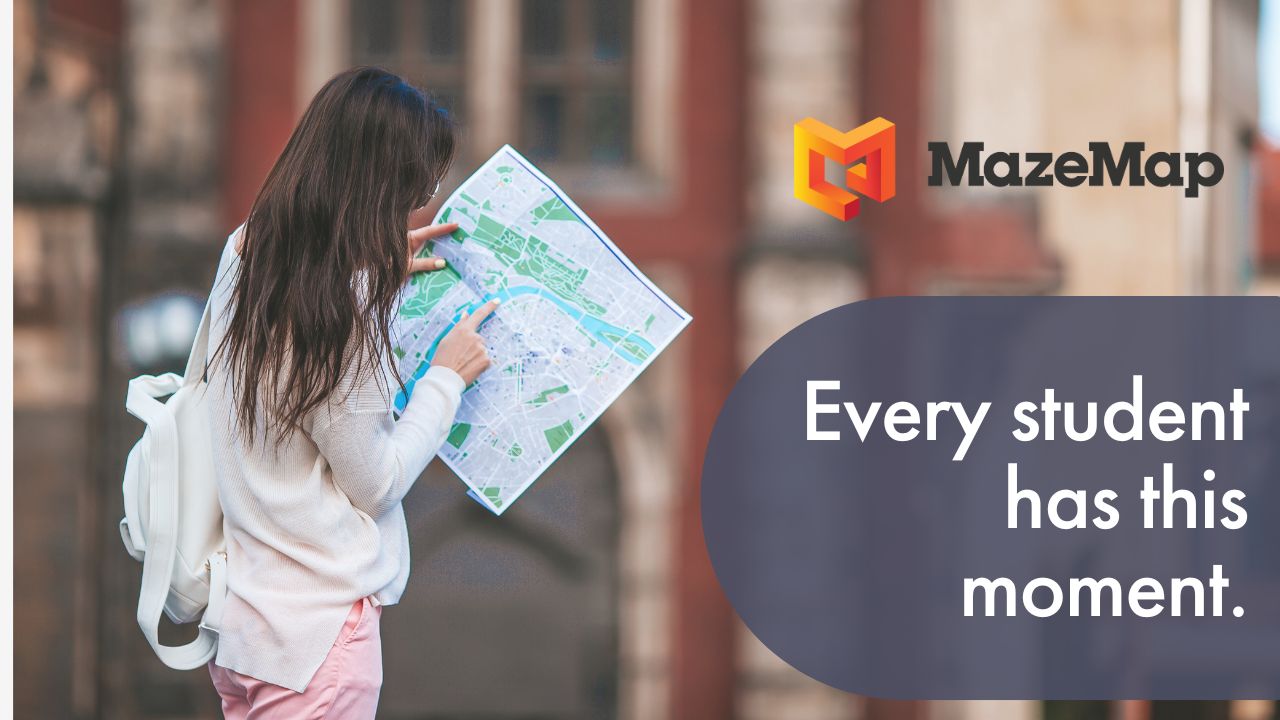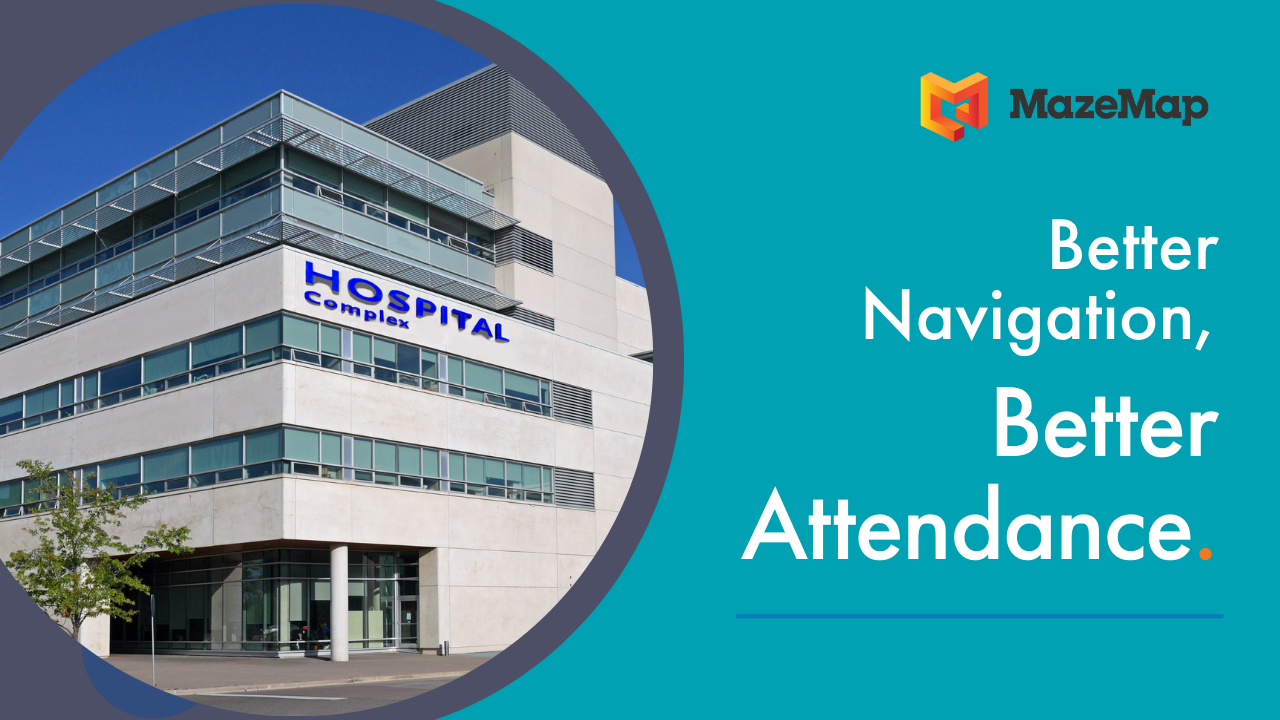If you're looking for a way to connect physical campus spaces with real-time data, MazeMap is the platform you're looking for.
Whether you're a university, hospital, or corporate facility, MazeMap helps you build an indoor navigation system that functions as a digital interface to your buildings, rooms, and live event data.
This is more than a map. It’s a foundational layer for digital campus transformation, built with a flexible JavaScript API and designed for IT scalability.
What Is MazeMap?
MazeMap is a mapping platform for indoor spaces, used by major institutions to build:
- Campus wayfinding systems
- Real-time event maps
- Accessibility-focused navigation
- Facility-wide search interfaces
- Smart building digital twins
At its core is a JavaScript API that allows developers and IT teams to build fully customized, embeddable indoor maps tied directly to organizational data.
Why IT Teams Choose MazeMap for Smart Campus Infrastructure
Many organizations have data, schedules, and events, but they’re locked in spreadsheets, intranets, or disconnected apps. MazeMap unifies these systems with an interactive spatial interface.
MazeMap helps you:
- Visualize events directly on building maps
- Enable live updates for room changes or cancellations
- Offer accessibility paths, well-lit routes, and multi-floor guidance
- Surface equipment, services, and facilities (AEDs, microwaves, lifts)
- Connect booking systems to space-aware navigation
MazeMap in Action: The University of Queensland
The University of Queensland (UQ) has implemented an advanced MazeMap deployment:
- Dynamic path layers for accessible or well-lit navigation
- Searchable campus POIs from lecture theatres to baby change rooms
- Live filters by seat capacity, room type, and floor
- Fully branded and embeddable in their digital ecosystem
UQ’s system doesn’t just show a map, it serves as a real-time interface to the campus itself. Students, staff, and visitors can find what they need, get directions, and adjust based on personal needs like mobility or safety, all from the browser.


API and Integration Features
MazeMap’s JavaScript API allows you to:
- Initialize maps with
Mazemap.Map() - Add markers, layers, or event feeds dynamically
- Integrate with WebSocket, Firebase, or REST APIs
- Implement floor-aware routing and room-level filtering
- Embed directly into portals, intranets, and signage systems
Built for developers. Trusted by IT.
Why MazeMap Is the Right Tool for Digital Twin Interfaces
If you're building toward a digital twin, MazeMap provides the spatial context layer. It translates your physical layout into a navigable, interactive, data-aware interface.
Perfect for smart campuses, energy optimization, usage analytics, and more.
Who Is MazeMap For?
MazeMap is used by universities, hospitals, and corporate campuses, anywhere people move through complex indoor spaces. While it’s especially popular in higher education, the platform is flexible enough for any large facility needing real-time indoor navigation and data integration.
You don’t need to build a mobile app or roll out a full new platform to use it. MazeMap works in the browser, on kiosks, and inside existing intranet portals. It’s API-first, which means it connects easily to your internal systems, from room booking platforms to calendar feeds and digital signage.
Because the core of MazeMap is a JavaScript API, your IT team can build exactly what you need, without vendor lock-in or bloat.
Conclusion: MazeMap Is the Smart Way to Map Indoors
If you're searching for:
- Indoor navigation software for campuses
- JavaScript APIs for real-time event mapping
- Smart campus wayfinding tools
- Digital twin mapping platforms
...then MazeMap is your answer.
It connects your physical campus to your digital systems, so people, data, and space work together in real time.











